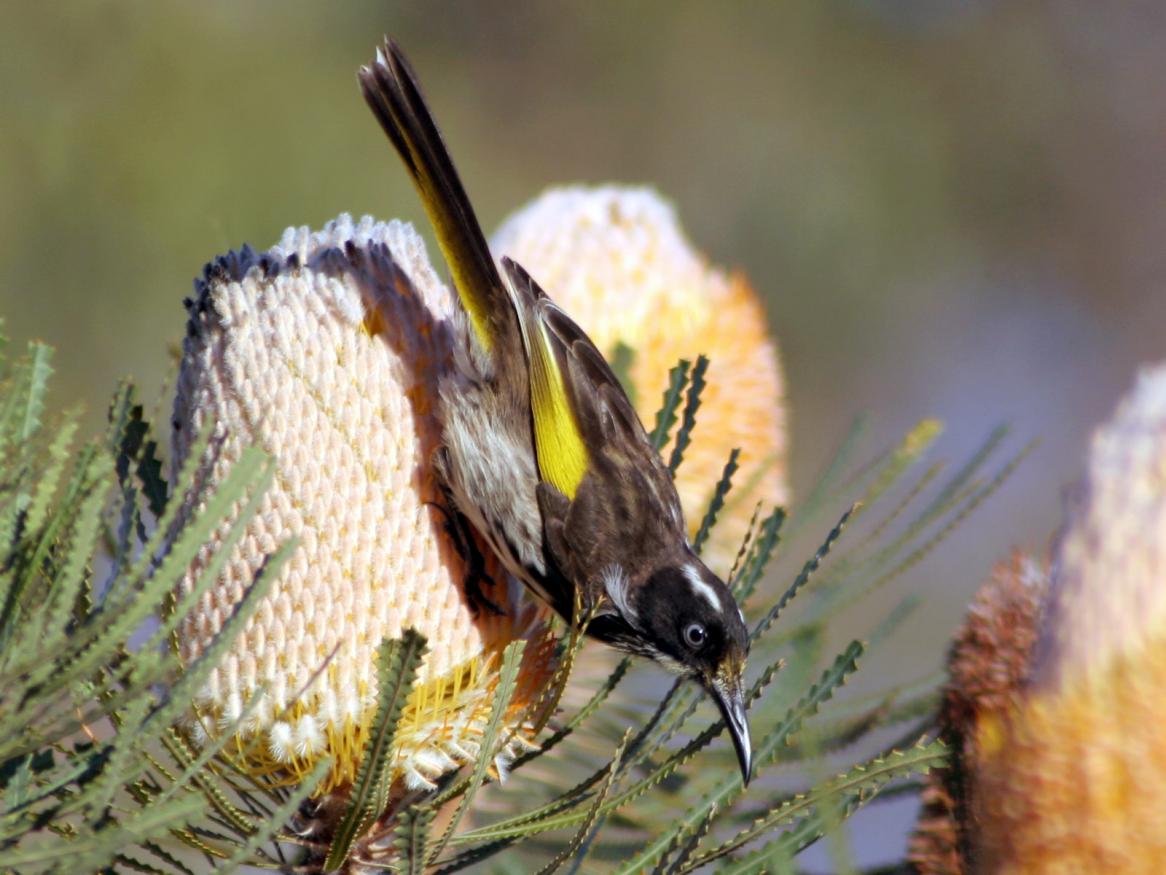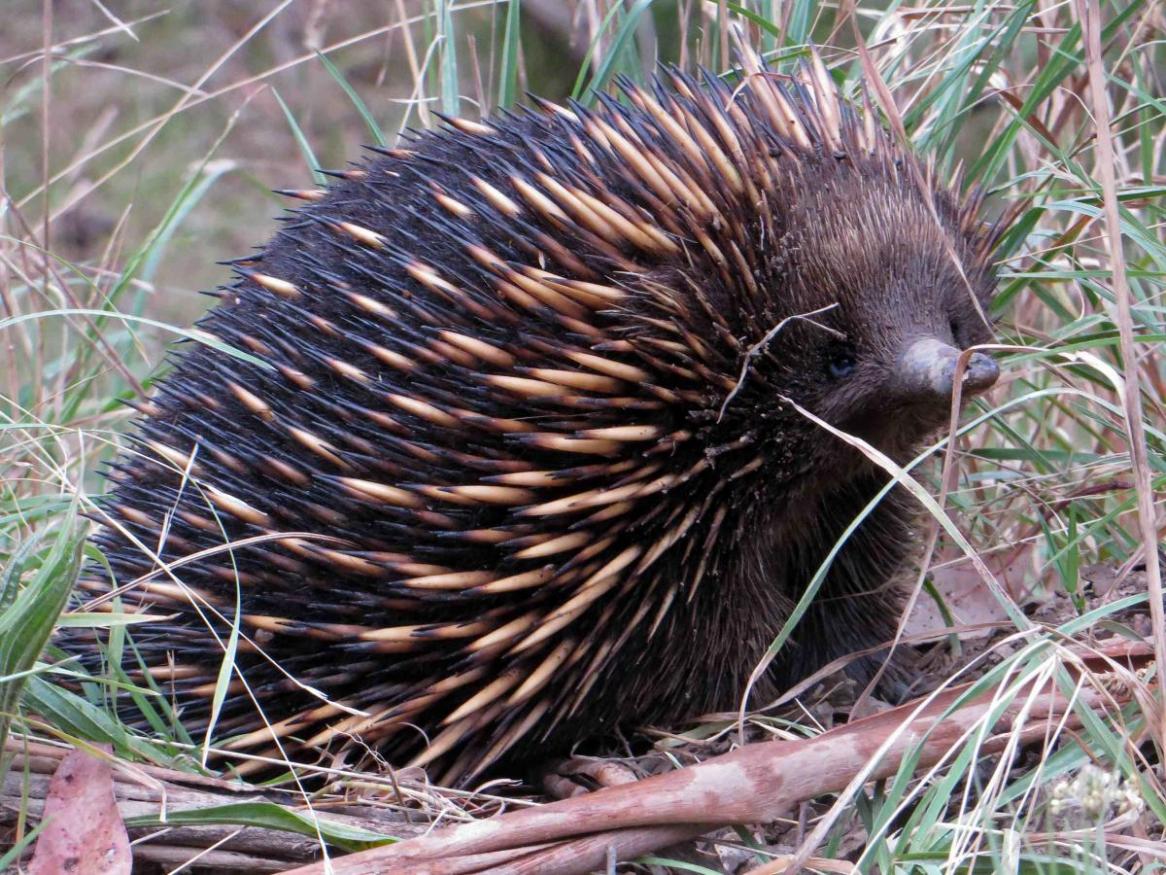News: School of Biological Sciences
Scientists named as environmental influencers

University of Adelaide scientists have been named among South Australia’s most influential people in the environment sector.
[Read more about Scientists named as environmental influencers]
How did sugar-eating birds co-evolve with plants that produce nectar?

Research led by the University of Adelaide has shown, for the first time, that the digestive systems of nectar-eating birds co-evolved with the nectar-composition in flowers.
[Read more about How did sugar-eating birds co-evolve with plants that produce nectar?]
United States influences Australia's illegal pet trade

When it comes to importing illegal reptiles, Australia’s trade closely follows US trends, according to new University of Adelaide research.
[Read more about United States influences Australia's illegal pet trade]
Say hello to echidnas, poop and creepy crawlies

Science communicators will join forces with a local echidna ecologist to share their expertise in echidnas and insects in a free, interactive workshop on Kangaroo Island, as part of National Science Week.
[Read more about Say hello to echidnas, poop and creepy crawlies]
New ARC grants to bring benefits to meat, hemp and mining industries

Almost $2 million in new funding is set to advance research into red meat, hemp and mining.
[Read more about New ARC grants to bring benefits to meat, hemp and mining industries]
Snails, slugs and stick insects - investigating the dynamics of Australia’s terrestrial invertebrate trade

For some people, the idea of having tarantulas and scorpions living in their house is a nightmare; for others, keeping insects is a hobby and a passion, writes Charlotte Lassaline.
How do we detect the impact of rising sea levels?

Scientists have come up with a simple new test to analyse sulfur isotopes which can be used to help investigate chemical changes in water.
[Read more about How do we detect the impact of rising sea levels?]
Engineering a virus: What is gain of function research?

Interview with researcher A/Prof Michael Beard about gain-of-function research, a technique used in virology and genetics to alter the function of a virus.
[Read more about Engineering a virus: What is gain of function research?]
Time to wake up to the illegal trade of sleepy lizards

Australian reptiles face serious conservation threats from illegal poaching fuelled by international demand and the exotic pet trade.
[Read more about Time to wake up to the illegal trade of sleepy lizards]
Scientists unearth secrets about the evolution of soil-burrowing cockroaches

Evolutionary biologists have assessed the phenomenon of parallelism in soil-burrowing cockroaches for the first time.
[Read more about Scientists unearth secrets about the evolution of soil-burrowing cockroaches ]
